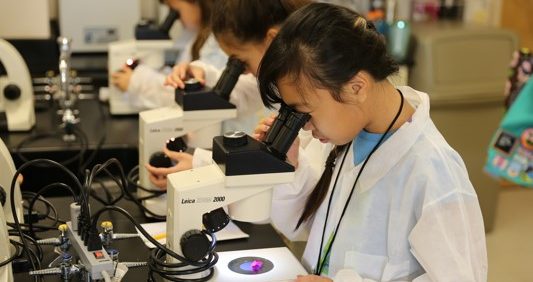Chaminade University of Honolulu recently received a $100,000 grant from the Mamoru and Aiko Takitani Foundation for student scholarships. The grant will be split to fund Chaminade’s Legacy Scholarship and the STEM and Nursing Scholarship for the upcoming 2020-2021 school year.
The Legacy Scholarship is awarded to undergraduate students who demonstrate a commitment to community service and are in financial need. The STEM and Nursing Scholarship is awarded to undergraduate students studying any Bachelor of Science or Nursing degrees. Both scholarships are given to full-time undergraduate students who are residents of Hawaii and demonstrate leadership qualities and innovative skills.
The Mamoru and Aiko Takitani Foundation has provided funding for student scholarships to Chaminade University since 2014. The Foundation was established in 1993 by entrepreneurs Mamoru and Aiko Takitani, founders of Hawaiian Host, to assist the youth of Hawaii with their goals. Since its establishment, the Foundation has donated 2.3 million dollars in scholarships and provided educational opportunities to students in Hawaii.
For more on scholarships and financial aid, visit chaminade.edu/financial-aid.
# # #
Chaminade University of Honolulu provides a collaborative and innovative learning environment that prepares graduate and undergraduate students for life, service and successful careers. Established in 1955, the university is guided by its Catholic, Marianist and liberal arts educational traditions, which include a commitment to serving the Native Hawaiian population. Chaminade offers an inclusive setting where students, faculty and staff collectively pursue a more just and peaceful society. For more information, visit chaminade.edu.










